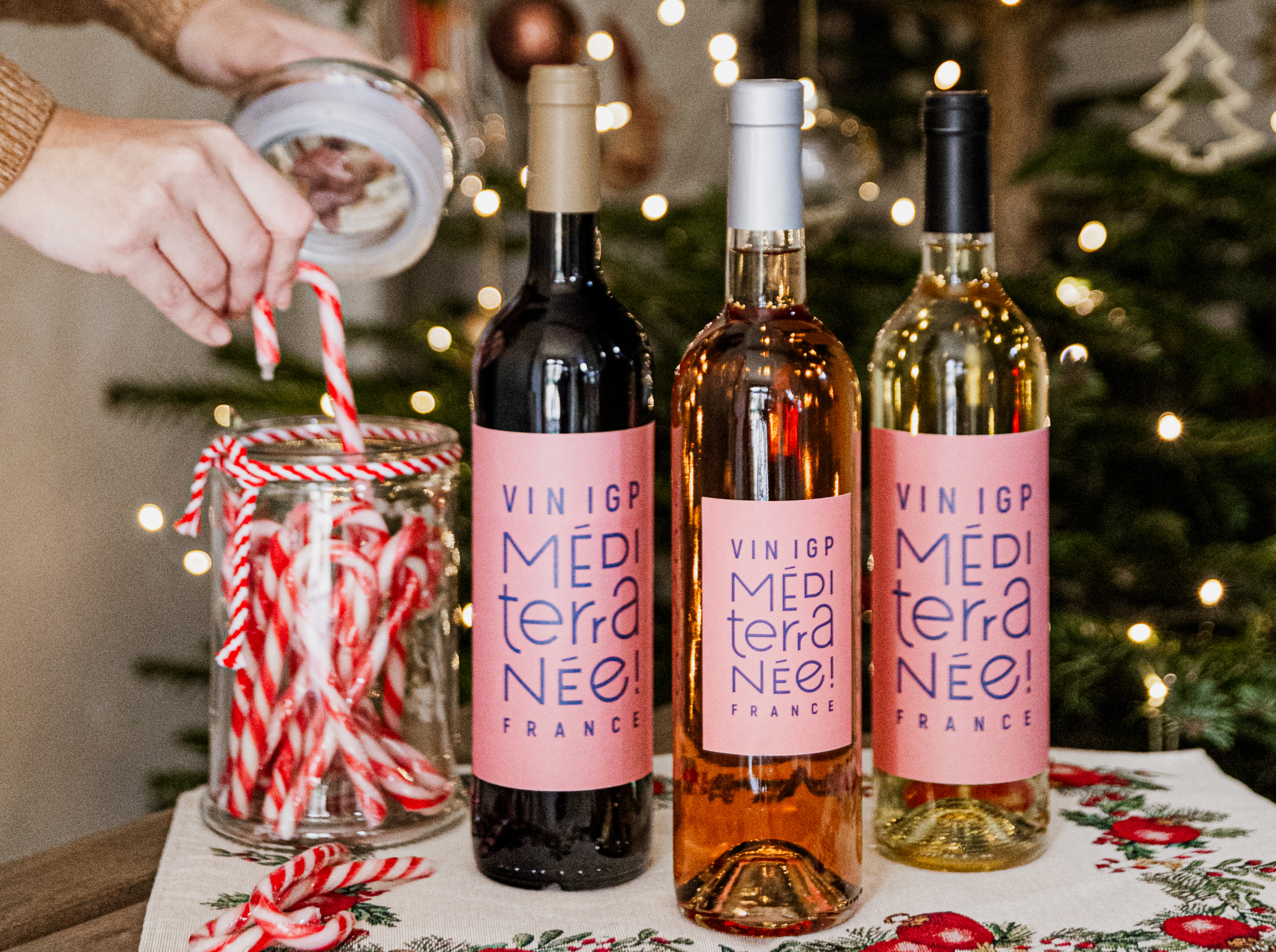Margaux opts for organics
Château Margaux is considering converting to organic farming for its first growth parcels following viticultural experiments over the last five years.
Speaking at a tasting in London yesterday, Paul Pontallier (pictured) said, “I hope that in two to three years we will be 100% organic for the wines of Château Margaux, but not for our second or third wines.”
Continuing he explained, “It makes sense that we will start there because the best plots have the best drainage, the most vigour, and the least sensitivity to mildew and powdery mildew.”
The comments followed a blind tasting of three different Cabernet Sauvignons from the 2010 vintage, each grown using different farming practices since the beginning of 2008, but all from the same block.
After the tasting, it was revealed that the wines were made using biodynamic, organic and conventional viticultural practices, with the latter system giving the greatest alcohol at 13.8% abv, and the organic yielding the highest tannin index.
Referring to the wines tasted, Pontallier said, “I felt that the conventionally farmed wine was the most tannic, while I liked the organic the most, which I felt had the finest tannins.”
He also stated, “As a general practice we want to go close to organic farming and I started that 25 years ago, and now we are at the point where we are very close to organic farming.
“We haven’t used any pesticides or insecticides for over 10 years but will still spray chemicals against mildew, powdery mildew and sometimes botrytis, because we feel we might be caught by surprise and lose an entire year.”
The event also included tastings of other Château Margaux experiments, such as wines made with or without the addition of a small proportion of stems, as well as wines aged under different closures.
Partner Content
While Pontallier said he believed destemming gave the best wine, he also noted that a miniscule amount of stems for wines from certain plots, “could be of interest”.
As for closures, he said that the wines aged under artificial cork were “catastrophic” and chose not to show them.
From the wines poured yesterday – Cabernet Sauvignon from the 2003 vintage – it was the wine under natural cork that was the “youngest and freshest”, said Pontallier, while the wine aged under “impermeable screwcap was probably my preferred because I find the mouth softer.”
However, he added, “For now it may be the better wine, but what about five to 10 years time? I’m fascinated by the evolution.”
When asked whether he would consider switching to screwcaps if the wine was still better in another 10 years, he said, “Why not, because we are intellectually prepared for that – otherwise why experiment?”
“Our number one priority is to make the best possible wine, and if scewcap is better, then I don’t know how we could resist the temptation to change.”
Concluding the event, which was designed to share the results of Margaux’s experiments, Pontallier said, “We should never stop feeling like students.”





Am curious about this statement by Mr. Pontillier:
“We haven’t used any pesticides or insecticides for over 10 years but will still spray chemicals against mildew, powdery mildew and sometimes botrytis, because we feel we might be caught by surprise and lose an entire year.”
Aren’t fungicides (chemicals used against mildew, powdery mildew and botrytis) classified as pesticides?
It is incorrect to state that they “haven’t used any pesticides or insecticides for over 10 years.” They would not be able to harvest a crop without fungicides. Now, I’m sure he means non-organic pesticides, but that is very different than “haven’t used any.”
He likely means Bourdeaux spray which is allowed in organic farming and stoped the use of more “intense” stuff.